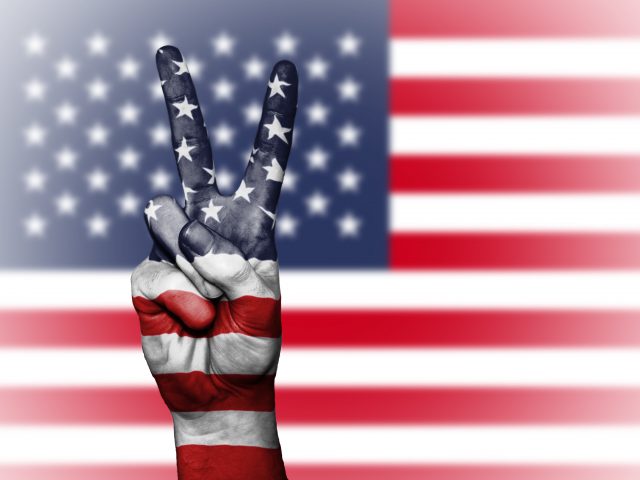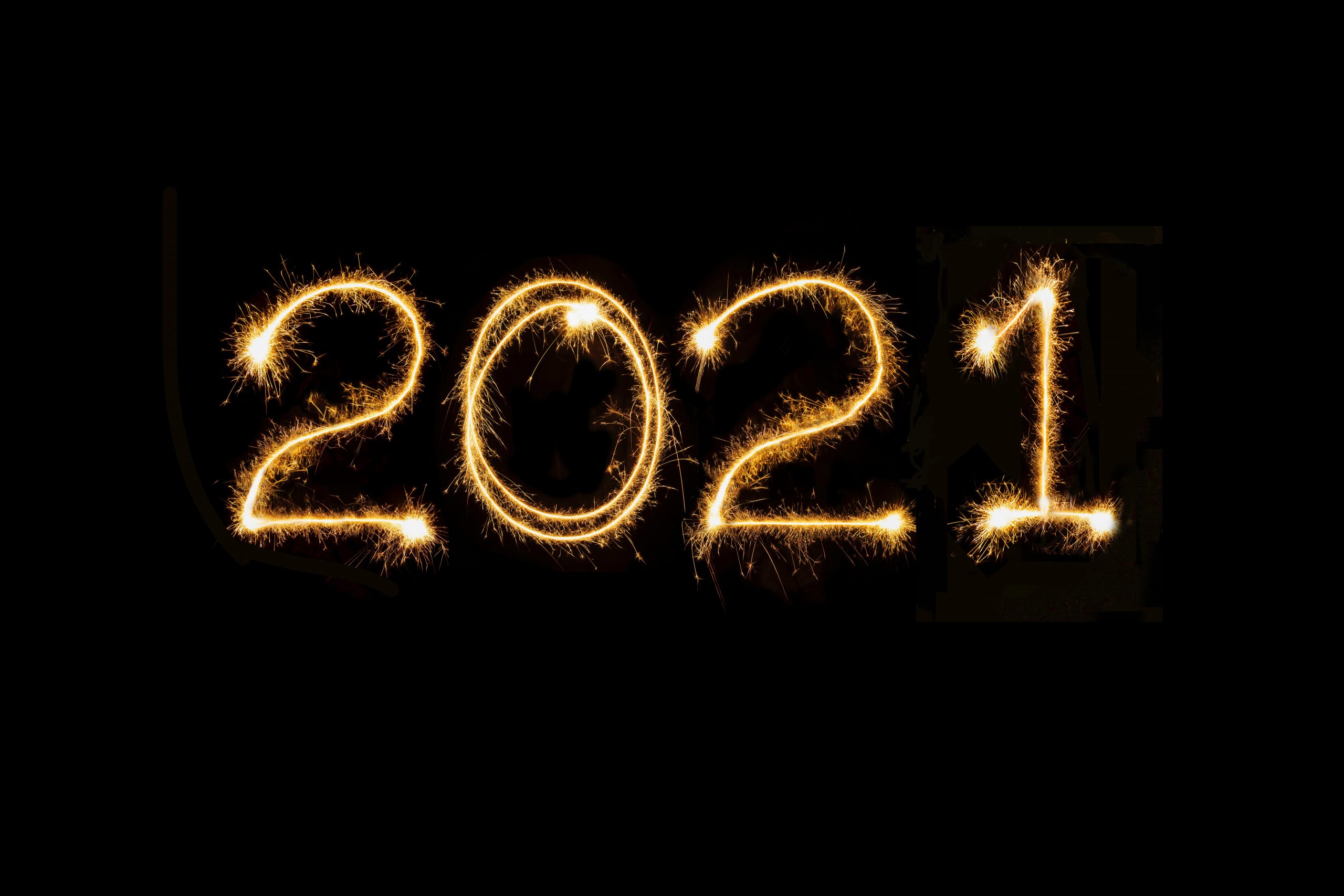On January 20, 1961 John F. Kennedy’s inaugural address inspired Americans to see the importance of civic action and public service.
His historic words, which sound more relevant today than ever, “Ask not what your country can do for you – ask what you can do for your country,” challenged every American to contribute in some way to the public good.
We hope we would all be able to decide for ourselves how to become a vital part of our great country’s civic action, and to consider how to become better citizens and members of society today and going forward.
Happy Independence Day, America!
![]()
A Brief History
Independence Day, also referred to as the Fourth of July or July Fourth, is a federal holiday in the United States, commemorating the adoption of the Declaration of Independence on July 4, 1776.
The Continental Congress declared that the thirteen American colonies regarded themselves as a new nation, the United States of America, and were no longer part of the British Empire. The Congress actually voted to declare independence two days earlier, on July 2.
Independence Day is commonly associated with fireworks, parades, barbecues, carnivals, fairs, picnics, concerts, baseball games, family reunions, and political speeches and ceremonies, in addition to various other public and private events celebrating the history, government, and traditions of the United States.
Observance
- In 1777, thirteen gunshots were fired in salute, once at morning and once again as evening fell, on July 4 in Bristol, Rhode Island. Philadelphia celebrated the first anniversary in a manner a modern American would find familiar: an official dinner for the Continental Congress, toasts, 13-gun salutes, speeches, prayers, music, parades, troop reviews, and fireworks. Ships in port were decked with red, white, and blue bunting.
- In 1778, from his headquarters at Ross Hall, near New Brunswick, New Jersey, General George Washington marked July 4 with a double ration of rum for his soldiers and an artillery salute (feu de joie). Across the Atlantic Ocean, ambassadors John Adams and Benjamin Franklin held a dinner for their fellow Americans in Paris, France.
- In 1779, July 4 fell on a Sunday. The holiday was celebrated on Monday, July 5.
- In 1781, the Massachusetts General Court became the first state legislature to recognize July 4 as a state celebration.
- In 1783, Moravians in Salem, North Carolina, held a celebration of July 4 with a challenging music program assembled by Johann Friedrich Peter. This work was titled The Psalm of Joy. This is recognized as the first recorded celebration[clarification needed] and is still celebrated there today.
- In 1870, the U.S. Congress made Independence Day an unpaid holiday for federal employees.
- In 1938, Congress changed Independence Day to a paid federal holiday.


















